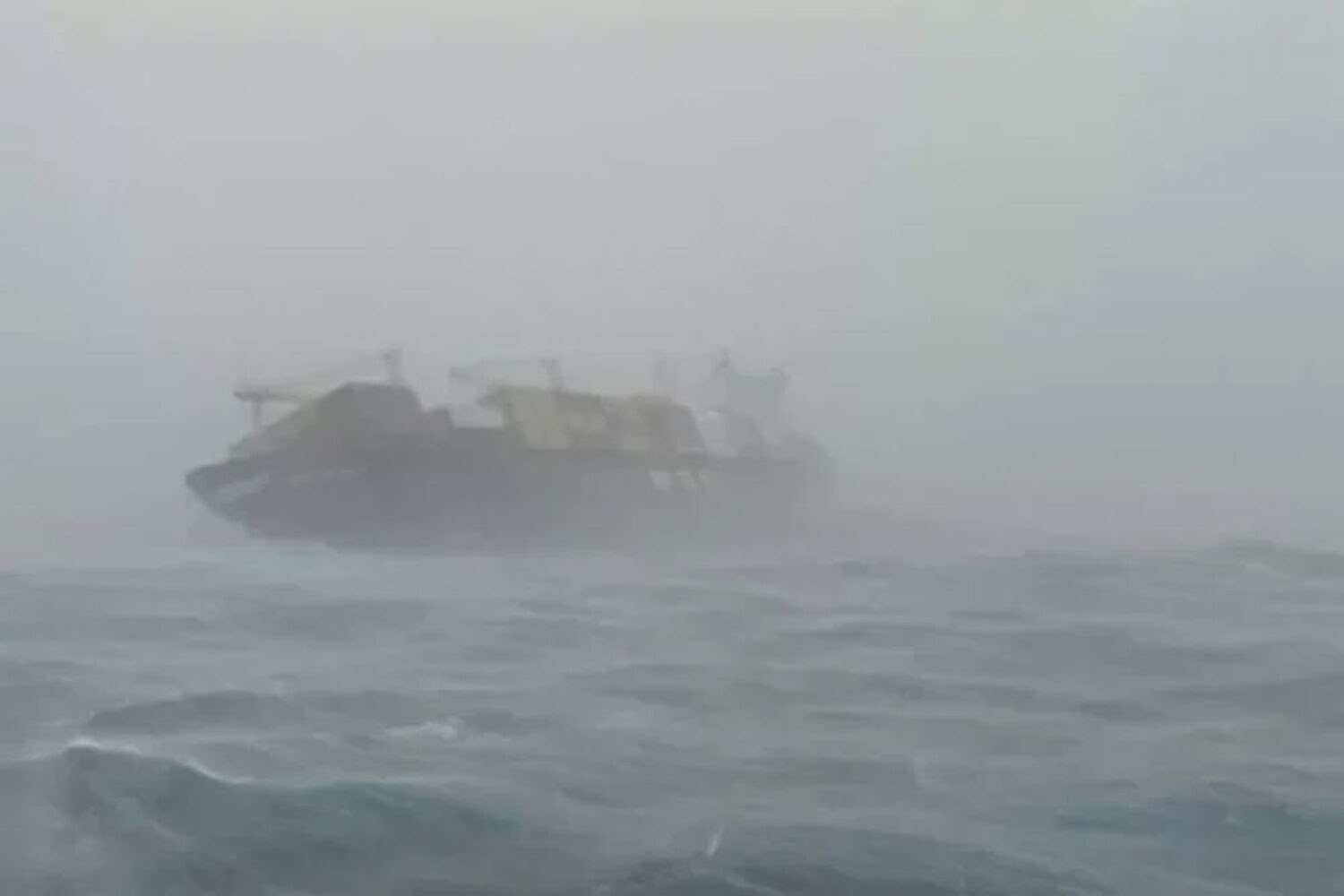Following the accident involving the container ship “MSC Elsa 3” off India, charterers and shipowners have now filed a lawsuit in order to obtain a limitation of liability.
According to reports, the companies point to the high number of lawsuits already filed, including by the Indian government, and the pending outcome of the proceedings. According to MSC, a lack of limitation of liability could lead to disruptions in freight operations and consequently to higher prices.
The Supreme Court of the state of Kerala, off the coast of which the “MSC Elsa 3” was wrecked, has received a total of seven lawsuits – the largest of which is a claim for over 1 billion dollars. Shipowners who had cargo on board the container ship and local fishermen also filed claims. As there were a total of 643 containers on board the ship at the time of the sinking on May 25, MSC points out that numerous parties may make claims, with a total value that cannot yet be estimated.
The statement of claim now submitted by the shipowner and MSC aims to limit the amount of these claims to a value calculated on the basis of the ship’s tonnage. This would amount to 14.2 million dollars. The lawsuit also includes further points to defend against future claims: For example, the companies are seeking a permanent injunction against further plaintiffs through which additional proceedings have been initiated over the “MSC Elsa 3”.
Reaction to lawsuit from India
With this lawsuit, the shipowner and MSC are primarily responding to the Indian government’s demand for compensation for containers and debris washed ashore and for the containment of the spilled oil. Following the accident, the Indian Directorate General of Shipping coordinated and supervised the salvage and environmental operations.
The salvage work is still ongoing, including pumping out oil from the tanks of the sunken ship. However, the emergency teams recently reported that the swell was making the work impossible. The wreckage of the “MSC Elsa 3” even washed up hundreds of kilometers away in Sri Lanka – the island state is also one of the plaintiffs.
The 28-year-old “MSC Elsa 3” was built in Szczecin, Poland, in 1997 and was last operated by MSC. The former “Jan Richter” changed its name nine times over the course of its life. In 2016, the ship was involved in a collision off Yemen, and in 2021 in a pirate attack off Nigeria.
Shortly after the ship sank, another accident occurred in the region: on June 9, several explosions occurred on board the “Wan Hai 503 “. Meanwhile, the “MSC Akiteta II” remains anchored in the port of Vizhinjam on the west coast of India, where it is being held by the government for security reasons. Two other ships had previously been detained. MSC has so far refused to pay bail for the “MSC Akiteta II”.
Parallels to the “Dali” case
The shipping company’s attempt to limit liability following the accident follows a similar approach by the owners and operators of the “Dali”. The ship collided with the Francis Scott Key Bridge in Baltimore last year and destroyed the bridge, killing six people in the accident. Grace Ocean and Synergy Marine used international law, which provides for a limitation of liability of around 44 million dollars. The trial is scheduled to take place in 2026. In the meantime, the companies have sued the Korean shipbuilding group HD Hyundai Heavy Industries, alleging that the switching system on the “Dali” was faulty and thus caused the collision.













